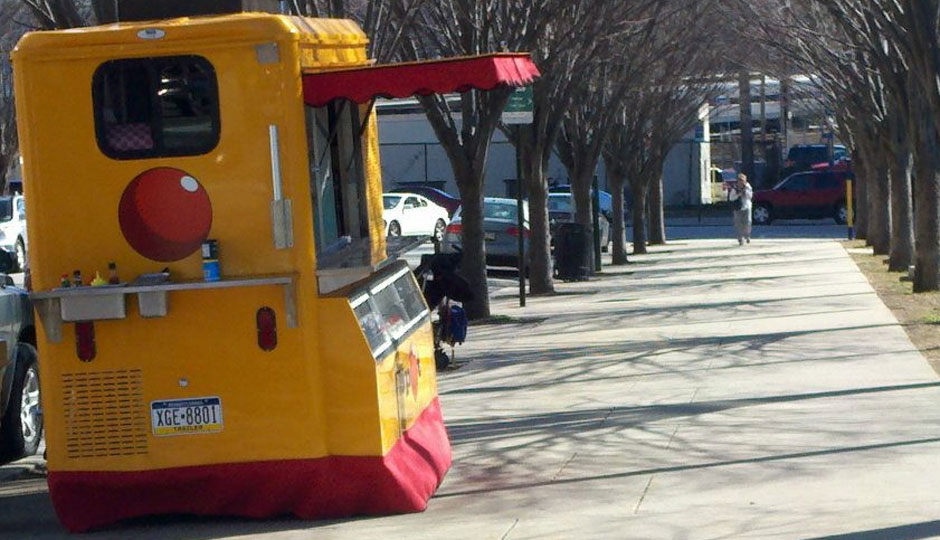New Legislation Could End Drexel’s Food Truck Culture

Legislation would limit and lock down Drexel food trucks.
When Philadelphia city councilman Mark Squilla’s legislation to modernize Philadelphia’s code regarding food trucks and carts passed earlier this year, the Philadelphia Mobile Food Association saw it as big first step to making Philadelphia, the East Coast’s most food truck friendly city. But now, new legislation from Jannie Blackwell looks to stifle food trucks in the area the movement began, on and around Drexel University.
The bill, which was introduced on June 18th, would create a special Drexel University District which would limit the number of vendors and lock them to a single spot. The legislation would keep the number of trucks and carts on and around Drexel’s campus to 25 and would require them to vend from a single spot and requiring continuous operation—stifling the churn of food trucks which is so much a part of food truck culture, and a big reason for the success of locations like 33rd and Arch. Additionally, each truck would be charged an annual fee of $2,750 to cover the loss of parking spaces and the cost of regulation.
PMFA president Rob Mitchell was taken aback by the legislation. While the work done by Squilla’s legislation was done with input from the PMFA, this piece of legislation was penned without as much as a phone call.
Mitchell says the PMFA isn’t against all legislation but wants to make sure that it is workable, enforceable and sustainable for food trucks. Of particular note, this legislation would supercede the previous legislation to free up food trucks and make vending on private lots possible. And that was legislation Blackwell voted for in April of this year. Mitchell has reached out to Blackwell but hasn’t received a response yet (neither have we).
Josh Kim, owner of the Spot Burger food cart, and a regular at 33rd and Arch questioned the consequences of the legislation. With a guaranteed spot, Kim suspects complacency will take over, trucks will become dilapidated, unsanitary and an eyesore. Kim points to the food truck landscape at Penn as a warning for what could happen with this legislation.
Kim points to Drexel’s competitive environment as a reason for the quality of the trucks. Rather than competing on just price and convenience, the food, branding and service is more important. A quality truck is sought after, hired for lucrative catering events, participates in events and often times graduates to brick-and-mortar operations. He sees tying a truck down to a single location as a surefire way to dumb down the options available, citing Center City’s repeated cart offerings of hot dogs, fruit salad, chicken over rice, and bacon egg and cheese sandwiches as proof.
Meanwhile, since Drexel became a hotbed of food trucks, we’ve seen Hub Bub Coffee open three locations. Rival Bros., another coffee truck, has opened a storefront and recently expanded their roasting operation in the city. Kim will soon be opening a Spot Burger restaurant in Brewerytown. Waffles and Wedges, whose operators got their start in a food truck are now serving waffles at 15th and Pine. Another trio of food truckers, (Street Food Philly, Say Cheese and Taco Mondo) are opening Revolution Taco just off of Rittenhouse Square. Mitchell’s Cow and the Curd food trucks are now spotted in Pennsylvania, New Jersey, Delaware and beyond. He’s also begun distributing the curds to bars, restaurants and other businesses. Cow and the Curd is already up to 50 customers for the product.
A change.org petition to stop the legislation has gained steam online. The petition also urges those interested to email Jannie Blackwell directly.
Philadelphia’s City Council is on recess till September, when the bill will be on the agenda.


